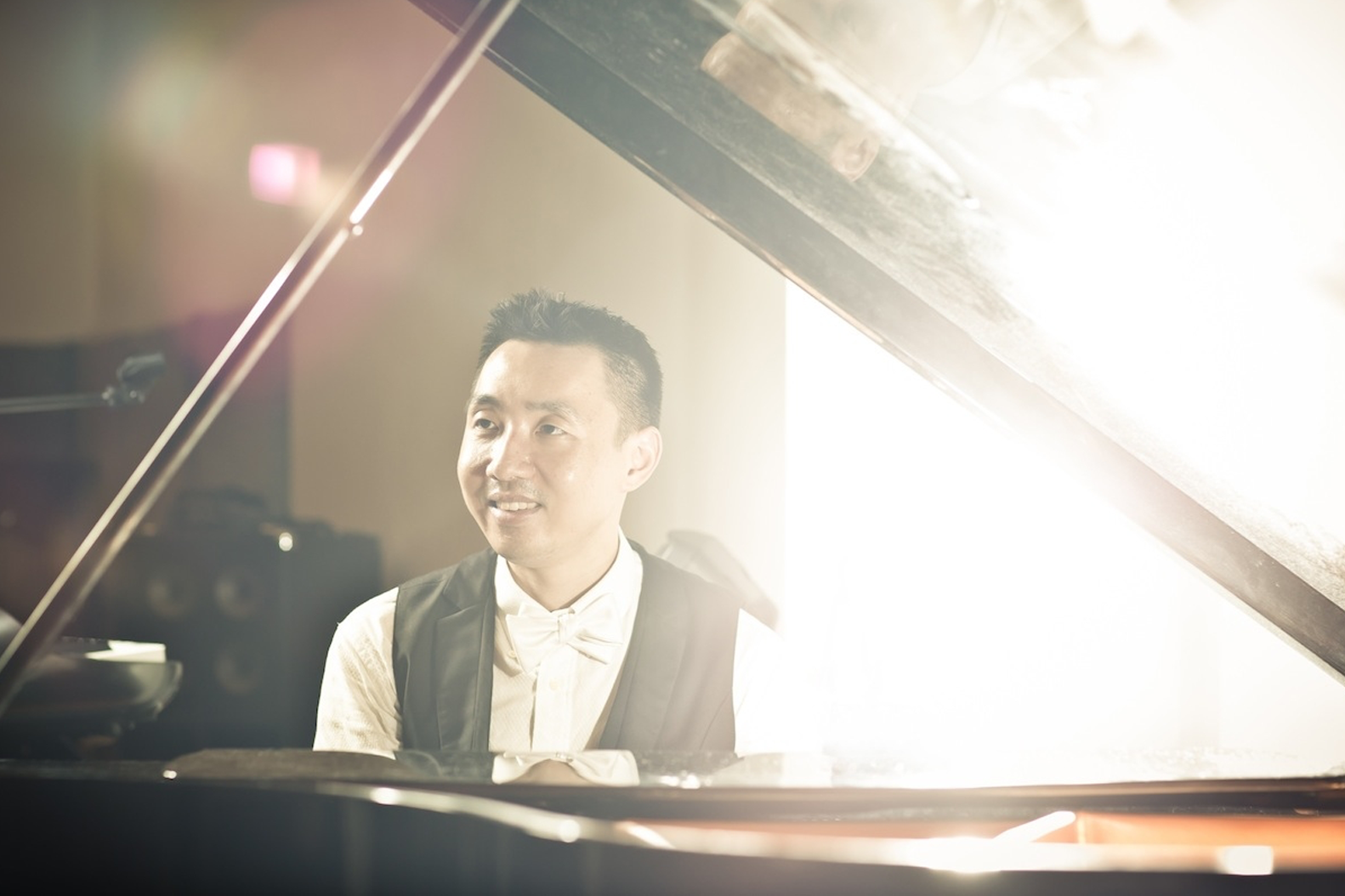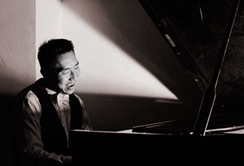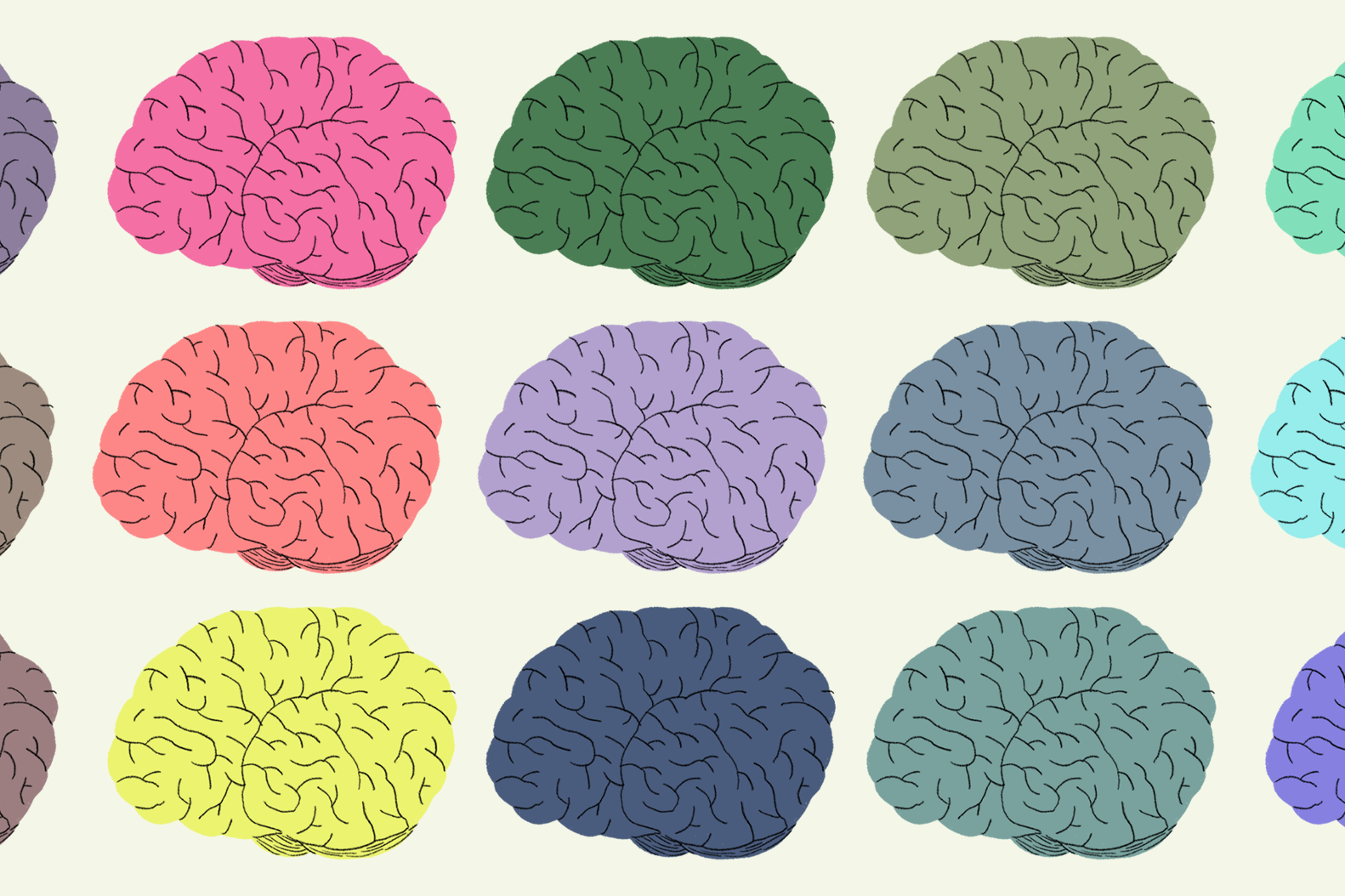TRIGGER WARNING: THIS ARTICLE MENTIONS SELF-HARM AND SUICIDE
When his mother went into shock just before delivering him, it left Matthew Quek with a severe birth defect that affected his brain. This led to him having dyslexia, dyspraxia (developmental coordination disorder), dyscalculia and Asperger’s syndrome, which is a kind of autism spectrum disorder.
Struggling through most of his school life and especially during his National Service, Matthew shares how he bounced back from his traumatic past to become a singer-songwriter, educator, executive movie producer and special educational needs counsellor.
At a very early age, I was forced to open my eyes to human nature at its ugliest.
I have traumatic memories of being slow at executing everyday routines, and being called “dumb”, “stupid”, “slow” and “useless” by my peers.
I was slow in learning basic things like tying my shoelaces and even using dental floss. It would take me ages to learn it, but I would have to relearn it because I would forget.
I also had difficulty learning how to read and write.
My mother had to literally hold me by the hand and go through every single letter of the alphabet. Mental sums, too, were horribly traumatic experiences because of my dyscalculia.
As such, I had to learn to work much harder than others just to barely keep up. Since young I had resigned myself to my fate, thinking that I was destined to be a failure.
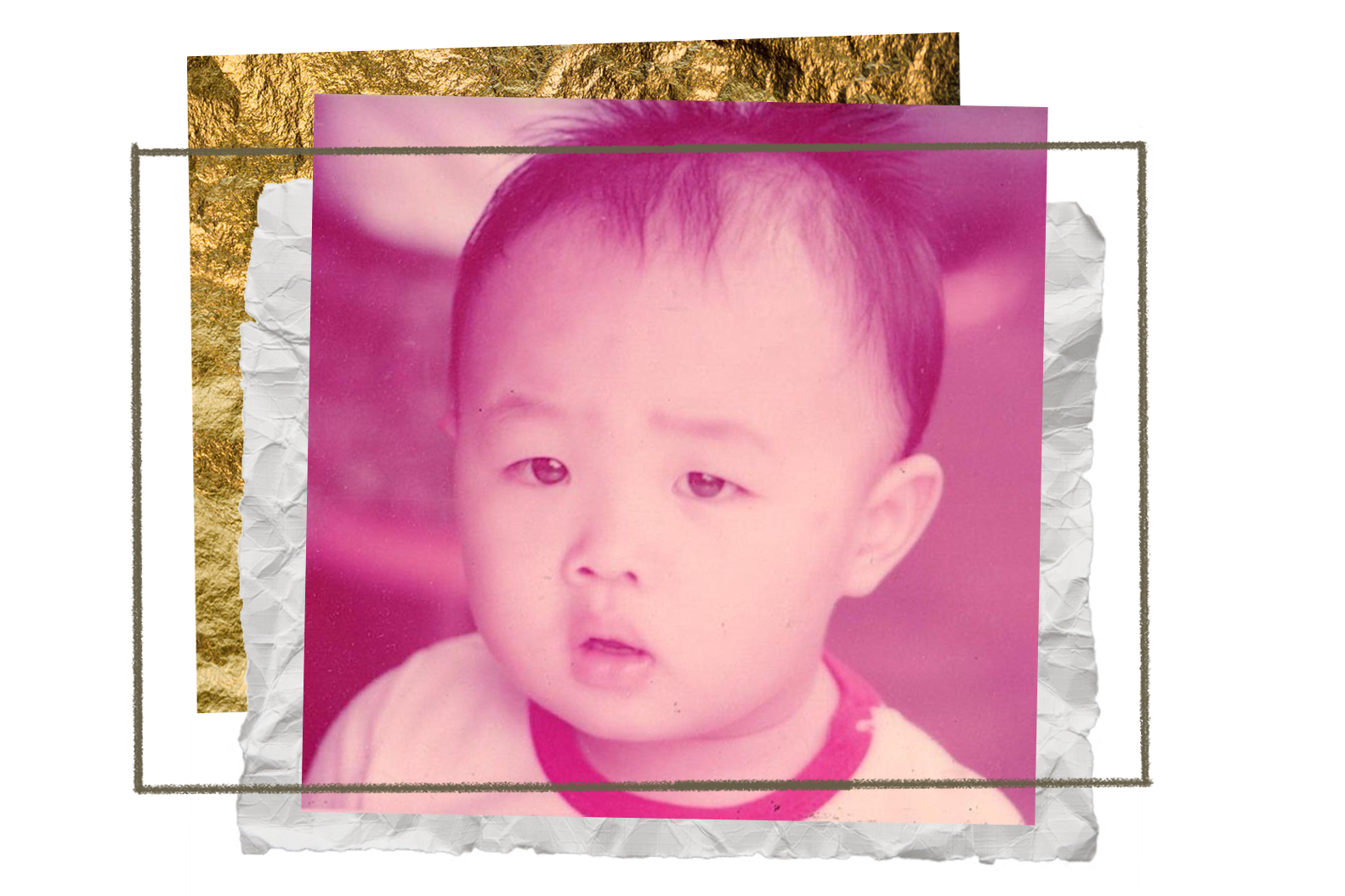
My parents and sister were very understanding and supportive of my struggles. They always told me that my character and the motive of my heart before God were far more important than all the distinctions one could get.
But at that point in time, I just could not buy that. How could having a good character and heart help anybody get a better life here? If anything, I could only see that it just got me into more trouble.
In Primary 6, when my dad asked me on my birthday what I would like to ask God for, I mockingly remarked: “As if God would give me four A-stars. Look at the way I’m languishing and failing every day. Yeah, sure I’ll ask Him for it, but I’m sure it will NEVER happen.”
I sincerely did not expect myself to score particularly well. However, secretly, I was longing for a miracle.
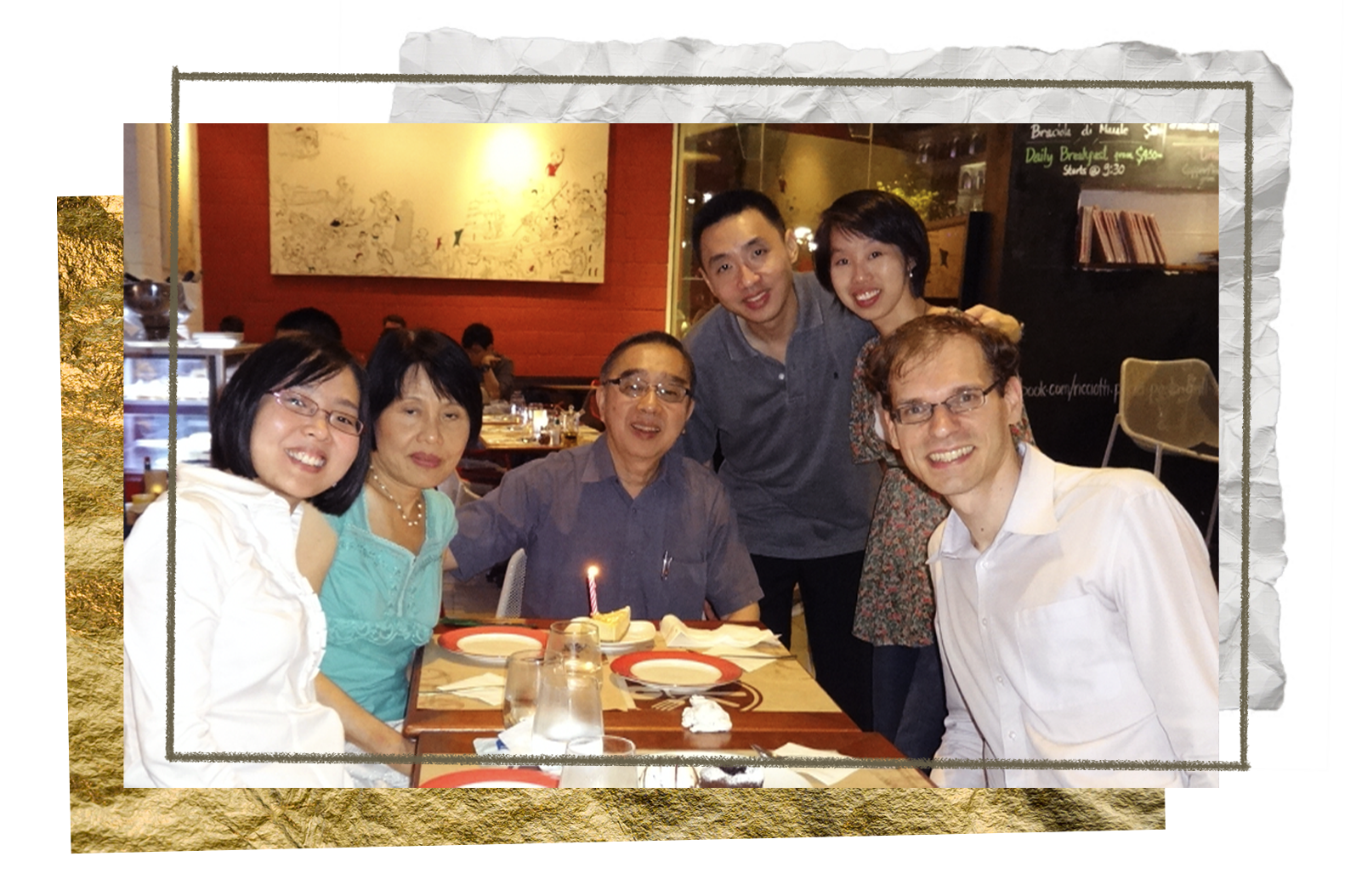
To my great surprise, I did get it!
I knew it was beyond my ability, even though I had worked hard. I remember it as a milestone because people thought my results must have been a mistake.
This became a watershed event my dad would often point to as evidence of God’s work. But it was also then when I did not have personal knowledge of the reality and person of God Himself.
In my joy at having achieved the impossible, I began to think that this “one-off miracle” was all that I needed to get my life back on track, and that I was back in the driver’s seat.
THE BULLYING GOT WORSE
I went into an all-boys secondary school, believing that my troubles were behind me. Unfortunately, I was in for a surprise.
My learning difficulties and issues with motor skills made life worse than when I was in primary school.
It was especially hard because of how bad I was at mathematics and science-related subjects. I struggled immensely with science; I could not get a single lab experiment right.
I discovered that if one is not cool or sporty, or does not do well academically, then one is not regarded as someone of value.
Even though I worked hard in the past through repetition, this method of studying did not work as effectively in secondary school.
Certain things required the use of my left hemisphere, and I could not execute these tasks no matter how hard I tried.
I discovered that if one is not cool or sporty, or does not do well academically, then one is not regarded as someone of value.
In a nutshell, bullying was much more overt in secondary school. I was really traumatised by that.
I was also disappointed with some of my teachers, who mistook my slowness for laziness and would made fun of me in class.
When it was time for me to sit for my O-Levels, I was quite certain I was not going to witness the same miracle a second time around.
In fact, I was starting to make plans about getting a job, and yet holding out some faint hope that my efforts to work harder than anybody else in my class would somehow amount to something concrete.
To the surprise of my friends and even the teachers who looked down on me, I did well. I performed much better than anybody expected me to.
This was another unexplainable miracle, especially in the light of my continual lack of faith and gratitude towards God as I focused on the pain, unfairness and injustice of it all, comparing myself to those who got away with “murder”.
DISCOVERING I STILL HAD A GIFT
In junior college, again I was not like the popular kids and could not fit in with the party crowd. People thought I was weird.
I had only one good friend who was also considered a loner, just like me. So we formed what we called the “Lonely Men Society”.
But even in a climate of being ostracised, I discovered a gift that God had given me.
I enjoyed my time as a bass section leader in the college choir. I was also assigned the task of singing the National Anthem without any music during the morning school assembly, which led to my nickname “Mr Majulah Singapura”.
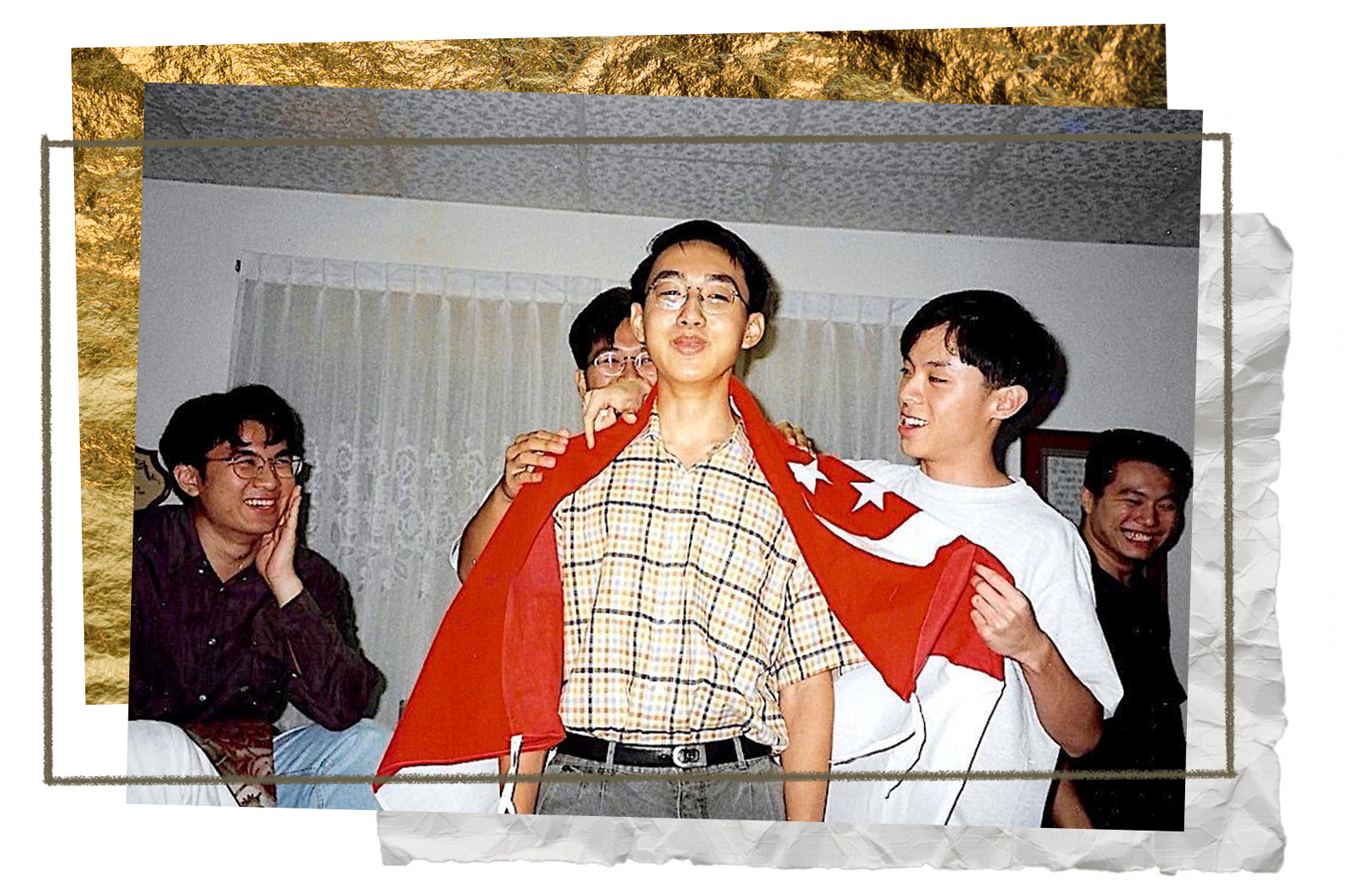
That was the baptism of fire I had regarding singing solo in public.
Being a person with coordination issues because of my dyspraxia, it was difficult for me to figure out how singing was done mechanically and biologically.
I was as stiff as an oak tree. It took me quite a while to get out of my shell, be comfortable and be able to express myself in front of a crowd.
Eventually, I would go on to work with my younger sister to produce and release songs that explore the deeper meanings of life.
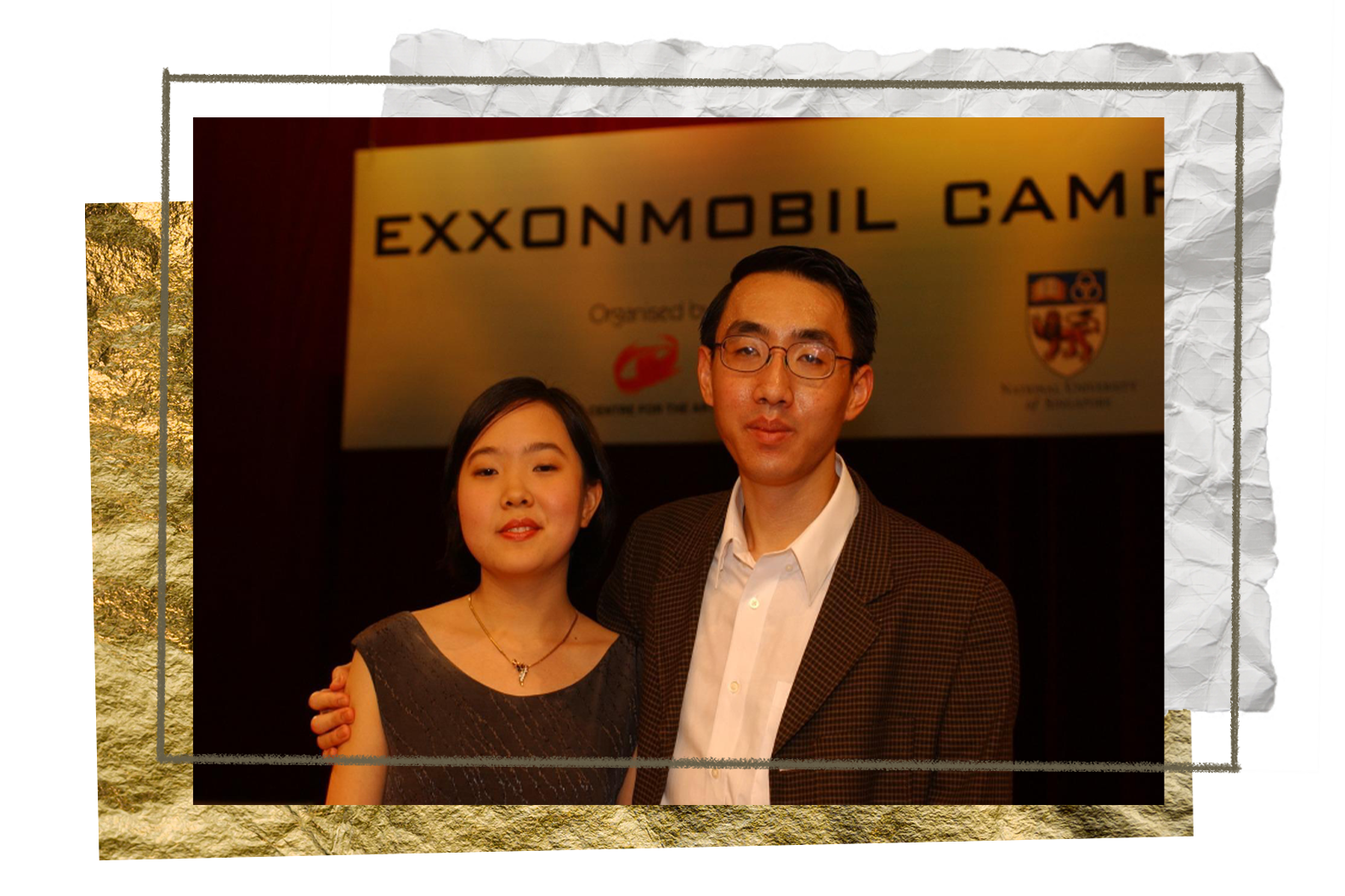
In JC, I was also greatly encouraged by some of the people I met, like my choir and history teachers.
God changed my perception of teaching by giving me two caring history teachers who treated me as an individual and instilled in me a love for the subject.
Even though I was failing a lot, they valued my effort. They did not treat me in a special way; they just saw me as a person who was really trying his best, not a “results-churning machine”.
Because of such inspiring individuals, I told myself that if I were ever to become a teacher, I would want to help others who were different and academically challenged.
In some inexplicable manner, I made it past A-Levels successfully.
And years down the line, becoming a history teacher was a way in which I paid tribute to them.
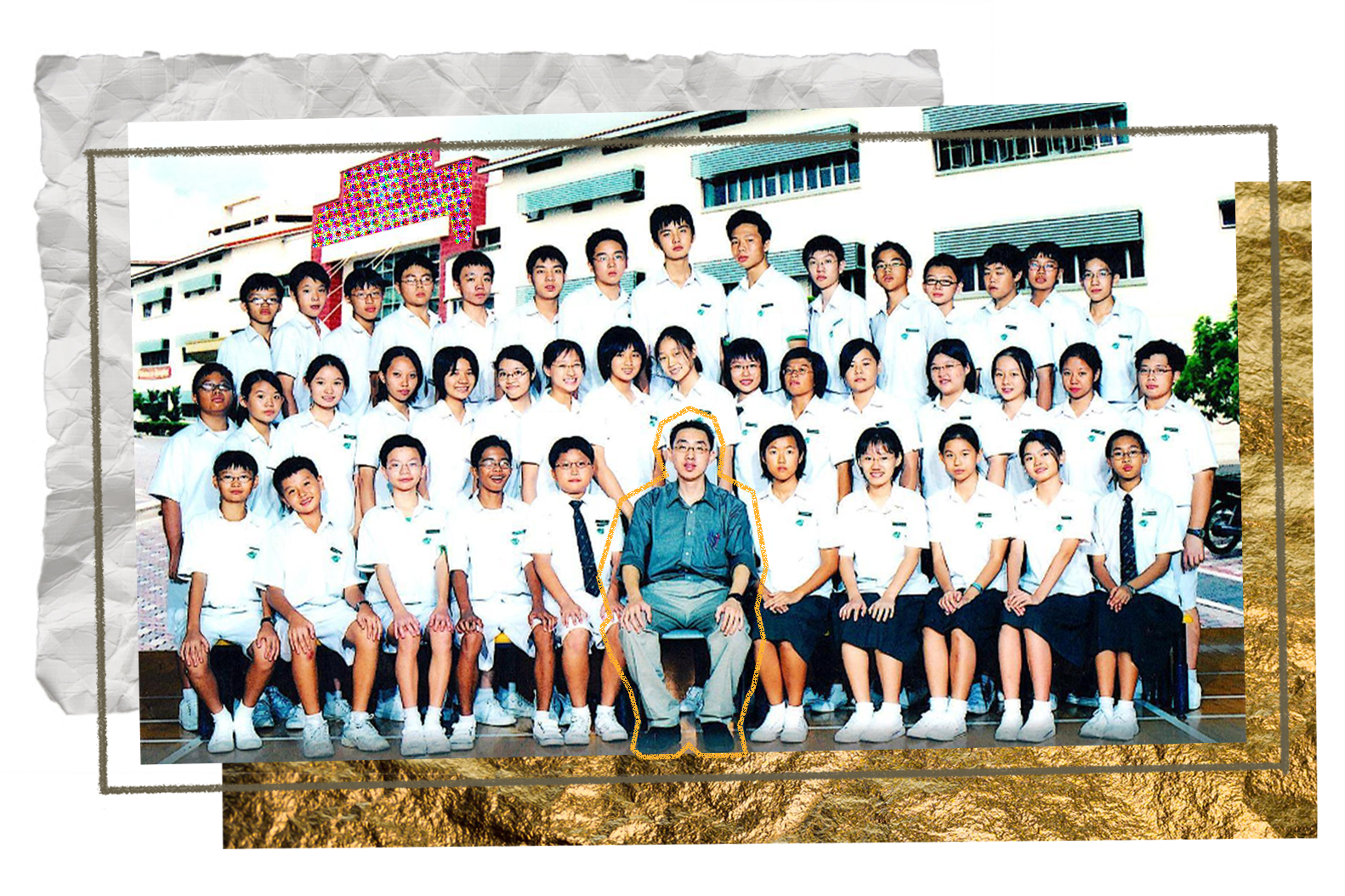
ARMY DAZED
I was only diagnosed with having special educational needs (SEN) much later when I was doing my National Service (NS).
By then, I had struggled through most of my school life, was frequently frustrated at my inadequacies and was relentlessly bullied by my peers.
I was expected to catch up with my platoon mates who were moving much faster than me. But I was unable to synchronise my actions, strip my rifle, shoot targets, march in time or do most basic tasks one would expect of soldiers.
My platoon commander was heading what others termed as the “devil’s platoon”, and I got into trouble often.
Collective punishments meted out in the Army meant that my platoon mates too had to share the burden of my penalties. I was scoffed at as a “slacker” and was the victim of numerous acts of bullying by my superiors and mates, who thought I was merely skiving.
My clothes would be stolen frequently, and I was the “honorary member” of the “blanket party”, a hazing activity where one would be covered with a blanket and whacked. My 11B (Singapore Armed Forces identity card) also went missing mysteriously.
It was towards the tail end of my mandatory 2.5 years, after repeated testing, that the Army physicians confirmed the private specialists’ diagnosis regarding the severity of my invisible learning challenges.
Although I now had a name for my conditions, it did not take away the debilitating effects of trauma induced through terrible experiences I had gone through in school and especially in the Army.
This was one of the darkest moments of my life, where I really contemplated attempting suicide to end it all.
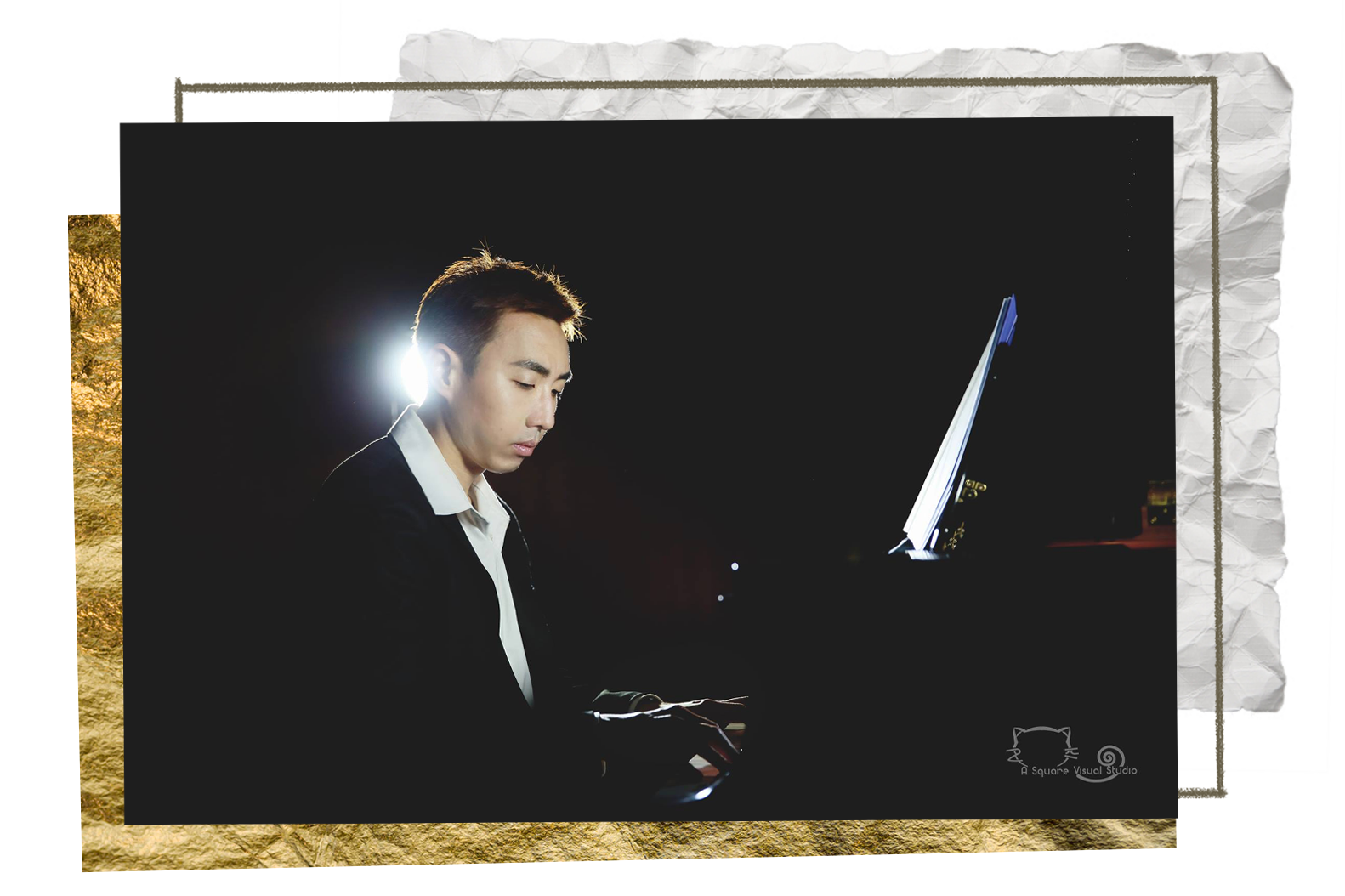
But it was in the Army I learnt many valuable life lessons too. During NS, God changed my entire paradigm of how I viewed people.
Despite being an A-Level student, I felt more connected with the soldiers in my unit who were not regarded highly because of their alleged lower academic prowess.
Perhaps God was using this life-changing moment to really train me up in His own “Eternal Service” (ES) and showed me what becoming like Christ meant.
I did not see it as humiliating in helping them when they asked for it, and I often chatted with them openly.
My closest friends were the “rejects of society” who were looked down on by others who had more intellectual abilities. But man, when they saw a friend, they would go all out to protect a friend.
I recall clear incidents where those who were “valued by society” would really give me hell, and it was these “rejects of society” who warded off the bullies.
From God’s own “boot camp” for me, I began to see paradoxes that I would have never perceived if everything had been going smoothly.
UNFAZED, UNDETERRED
Unlike others who have had dramatic conversions where they can delineate a clear moment in time where it all changed for them, my path has been quite different. I would say that my journey to faith in Christ has been progressive.
God intervened very clearly through major milestones of my life when I thought it was all over for me — through my PSLE, O-Levels, A-Levels, NS, university, 15 long years as an MOE teacher, being married to my first and only girlfriend who loves and accepts me in spite of my challenges, and currently as an SEN counsellor.
Though fraught with much pain, tears and sorrow, it has been demonstrated through those trials that, with God, nothing is impossible.

By God’s grace, I also released a film based on my life story titled Unbroken three years ago.
While developing my seventh and eighth music albums, I got to know local film director, Kelvin Sng and pitched my story to him. He was interested in my idea, but said that I had to raise funds myself.
At that time, I was still a school teacher and had to grapple with lessons, marking, discipline and CCAs. But in fewer than six months, God helped us to raise the full amount needed for a 20-minute film!
One of our sponsors, TOUCH Community Services, allowed us to use their auditorium for the film premiere. We were also invited by schools, organisations, churches and even politicians to screen the movie and help others understand the spirit behind true inclusiveness.
Unbroken is deeply personal to me as this movie is based on how God has been working through my life.
The film revolves around a defenceless young boy with learning difficulties growing up in a competitive environment. It portrays his struggles and his family’s unwavering support as he grows up and discovers his true potential.
I used the imagery of a roly-poly toy (不倒翁) in the movie to represent my feelings about myself and what some people meant to me in my life.
This is a very low-tech toy. You knock it down, and it comes back up to the centre again because it has a certain “backbone” that gets it back to its equilibrium.
I felt as if this unseen metaphorical “centre of gravity” that is God’s grace helped me bounce back frequently through my life too.
This “centre of gravity” has also given meaning to all my suffering. There is an overarching purpose because God is the architect of His children’s lives and nothing is beyond His sovereignty.
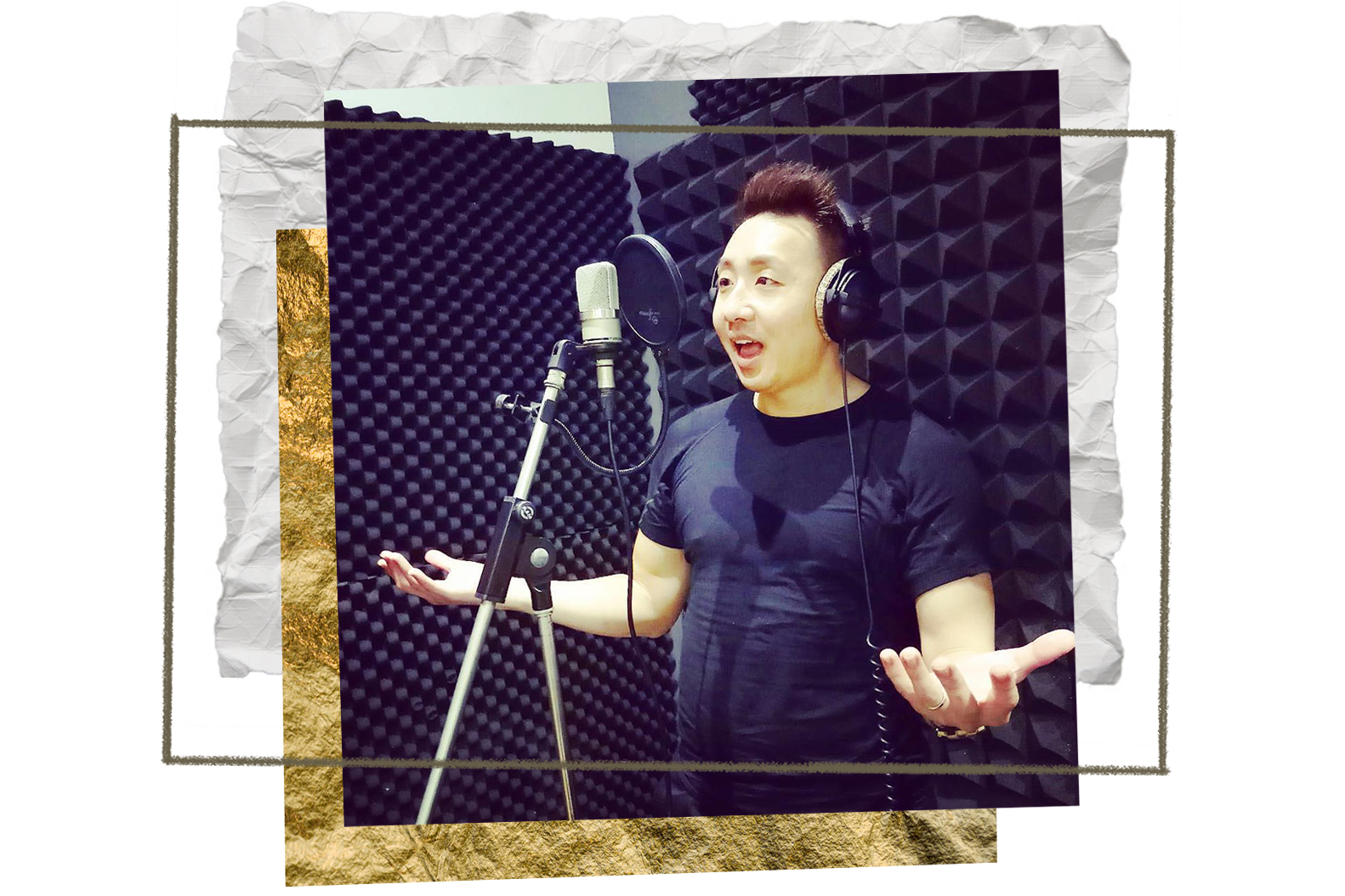
These are some Bible verses that were brought to life through the trials that God saw fit to bring me through.
“But he said to me, “My grace is sufficient for you, for my power is made perfect in weakness.” Therefore, I will boast all the more gladly of my weaknesses, so that the power of Christ may rest upon me. For the sake of Christ, then, I am content with weaknesses, insults, hardships, persecutions, and calamities. For when I am weak, then I am strong.” (2 Corinthians 12:9-10)
“And we know that for those who love God all things work together for good, for those who are called according to His purpose.” (Romans 8:28)
As of now, I can only say that my purpose in life is that God wants me to be where I can reach out to those who fall through the cracks.
After all, if I had not been a recipient of bullying, loneliness, rejection and despair, how would I be able to identify and empathise with those who are undergoing similar struggles too?
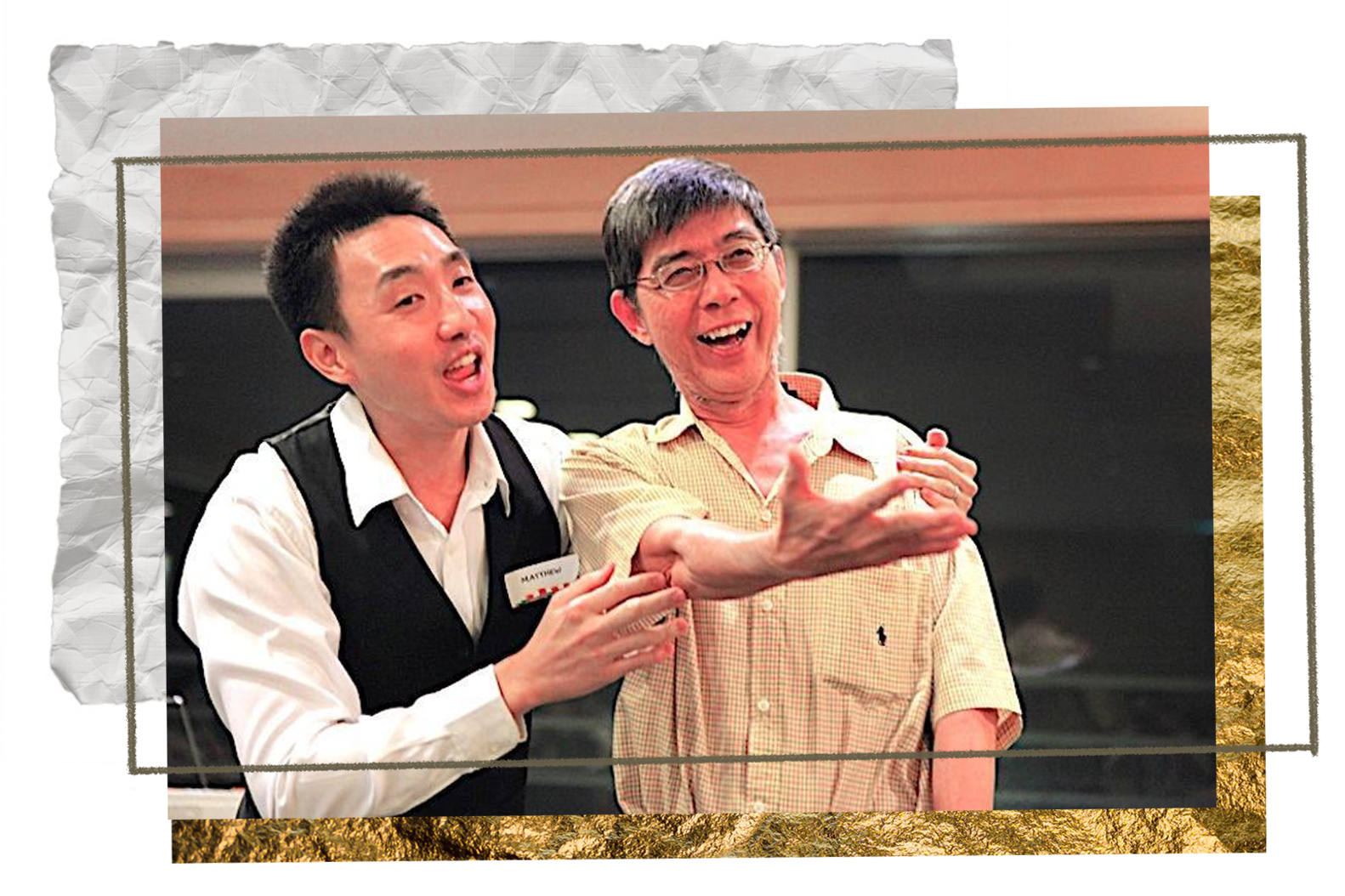
Even when I was a school teacher for over 15 years, my lifelong struggles meant that I had to try extra hard to perform well. But the conviction that what the Lord has tasked me with has kept me going all these years.
I may possess adequate survival skills to appear as if I am functioning normally in terms of my verbal, written and musical skills. But when I work on tasks that are hampered by the deficient areas in the left hemisphere of my brain, those flaws cannot be concealed.
Perhaps I was enabled to produce this movie to propagate His message that one’s true worth is determined by God rather than by one’s apparent physical or even spiritual accomplishments.
CELEBRATING INDIVIDUALS WITH SPECIAL EDUCATIONAL NEEDS
Last year, after I began my new vocation as an SEN counsellor, I was convicted of the need to produce another film that would address a very relevant issue — the effects the lockdown has had on caregivers and those with SEN.
The Prism is based on the life of an individual with autism spectrum disorder, multiple invisible SEN and the struggles his caregivers face amid unemployment, retrenchment, discrimination and mental health challenges.
It has not been easy to produce, get sponsorship and market a movie especially because of safe-distancing measurements and entities tightening their belts in light of economic austerity, but since the premise of the film is close to my heart, I pray that God can use it to touch the lives of families out there who can relate to it.
It is meant to be another emotive and inspiring movie like Unbroken.
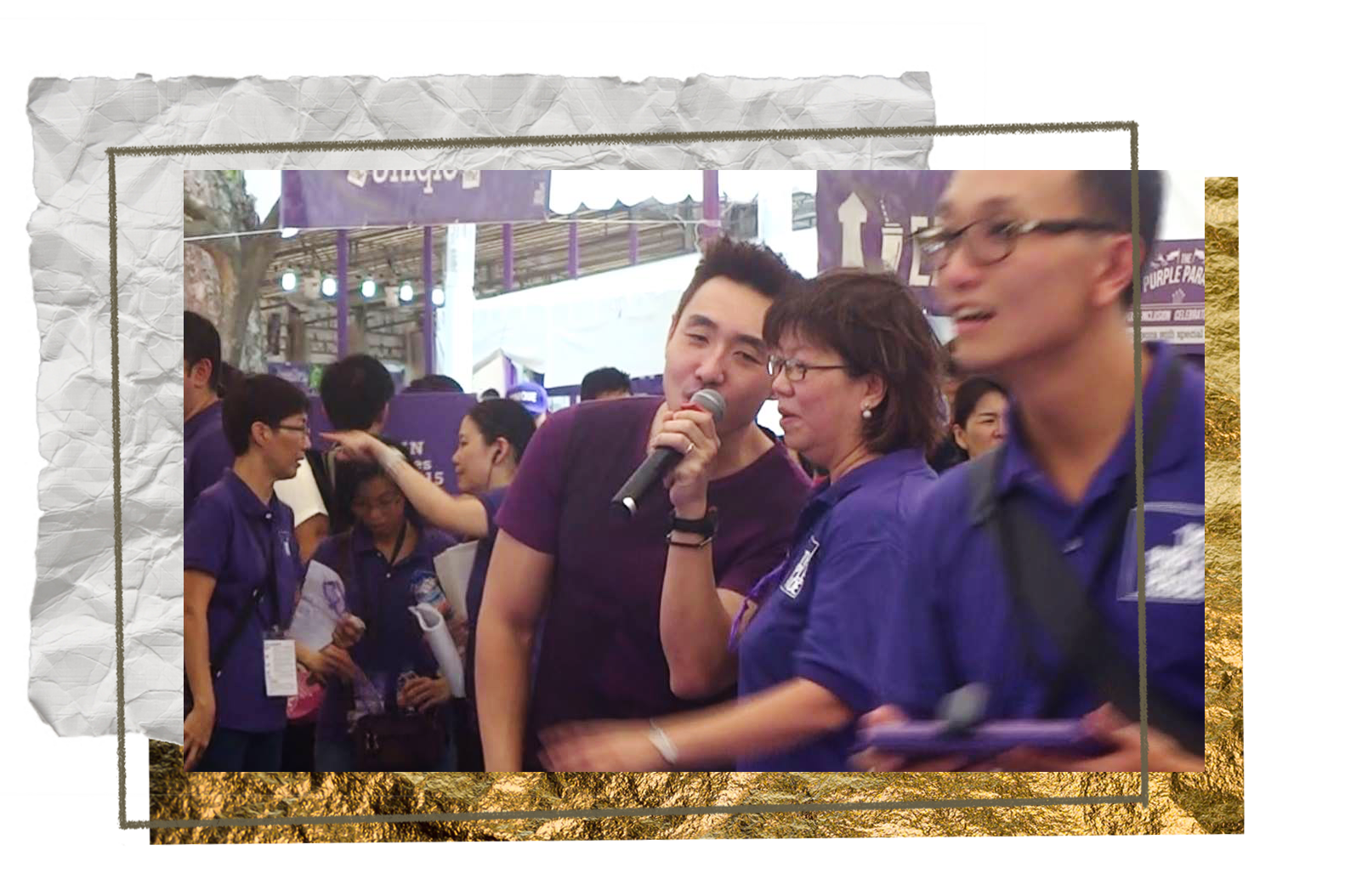
I also hope that parents can see their kids from a different perspective — for the person they are inside, instead of the abilities they appear to have or not have.
If the lenses of one’s heart can change radically, then a lot of things in life will change for the better. That is why I named the movie The Prism, which will be having its online premiere via Facebook on December 3 and 4.
I’m grateful that it has been granted partial funding by the Ministry of Culture, Community and Youth and SG Enable, and we also crowdfunded to raise the remaining amount.
Official Trailer! See you on 3 & 4 December!
Posted by The Prism – Short Film 2021 on Friday, November 5, 2021
The common theme that God has been drumming into me throughout my life is that the intrinsic worth of a person is not based on what we achieve but who we are in Christ.
Jesus, who is Himself God, deliberately relinquished His heavenly privileges and status to come to this earth. He assumed the form of man and even died for our sins.
My identity lies only in Christ and what He has done on the Cross for me — not on how the world perceives my accomplishments.
I thank God that He uses the weak and those whom the world regards as useless to show His power and glory (1 Corinthians 1:27-31).
This story was first published on Stories of Hope.
- Are you struggling with your inabilities? What does it mean to find your identity in Christ?
- What gifts have you been given? How can you use them to serve others?
- Who are the people that you can look out for, and show love and compassion to?


